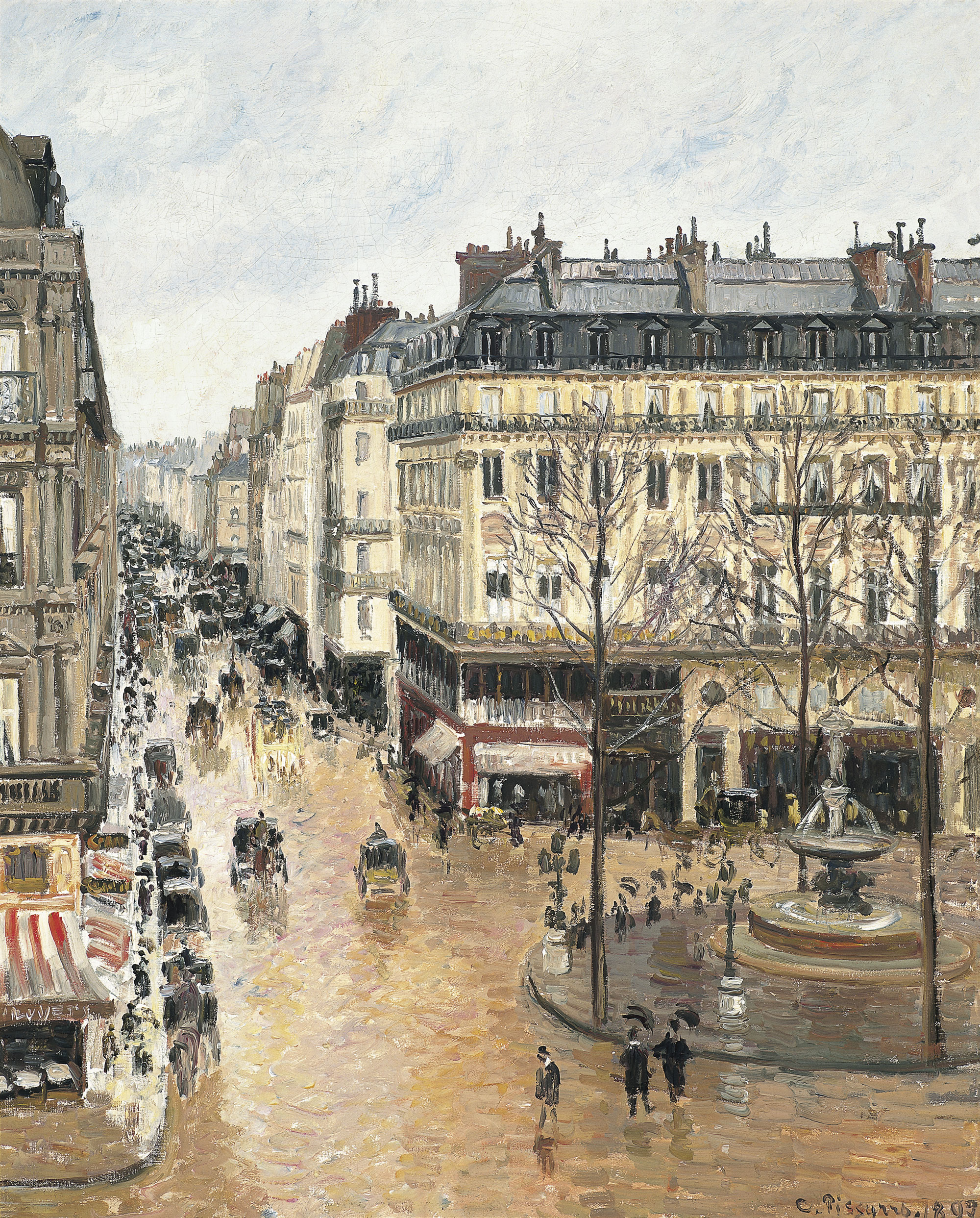Cassirer Plaintiffs Ask Supreme Court to GVR
December 9, 2024

Camille Pissarro, Rue Saint-Honoré,
dans l’après-midi. Effet de pluie.
On Friday, the plaintiffs in Cassirer v. Thyssen-Bornemisza Collection Foundation filed a cert petition asking the Supreme Court to grant, vacate, and remand (GVR) the Ninth Circuit’s decision in light of new California legislation mandating the application of California law to the merits of the case. It would be standard practice for the Court to grant the request.
As regular readers may recall, this suit was filed in 2005 against a Spanish museum to recover a painting by Camille Pissarro that the Nazis stole from David Cassirer’s great-grandmother. In 2022, the Supreme Court held that state, rather than federal, choice-of-law rules should determine the applicable law in cases under the Foreign Sovereign Immunities Act. On remand, the Ninth Circuit applied California’s comparative impairment approach and held that Spanish law applies. The court concluded that under Spanish law the museum acquired good title to the painting. The Ninth Circuit denied rehearing en banc over a strong dissent from Judge Susan Graber.
In the meantime, the California legislature passed AB 2867, which provides that California law applies in suits brought by California residents involving the theft of art or other personal property during the Holocaust or other political persecutions. On September 16, Governor Gavin Newsom signed the bill into law. The law expressly provides that it applies to all pending actions “including any action in which the judgment is not yet final or the time for filing any appeal, including a petition for a writ of certiorari in the United States Supreme Court, has not expired, or, if filed, has not been decided.”
As the petition explains, the standard practice in cases such as this is for the Court to GVR so that the new law can be considered by the lower courts in the first instance.